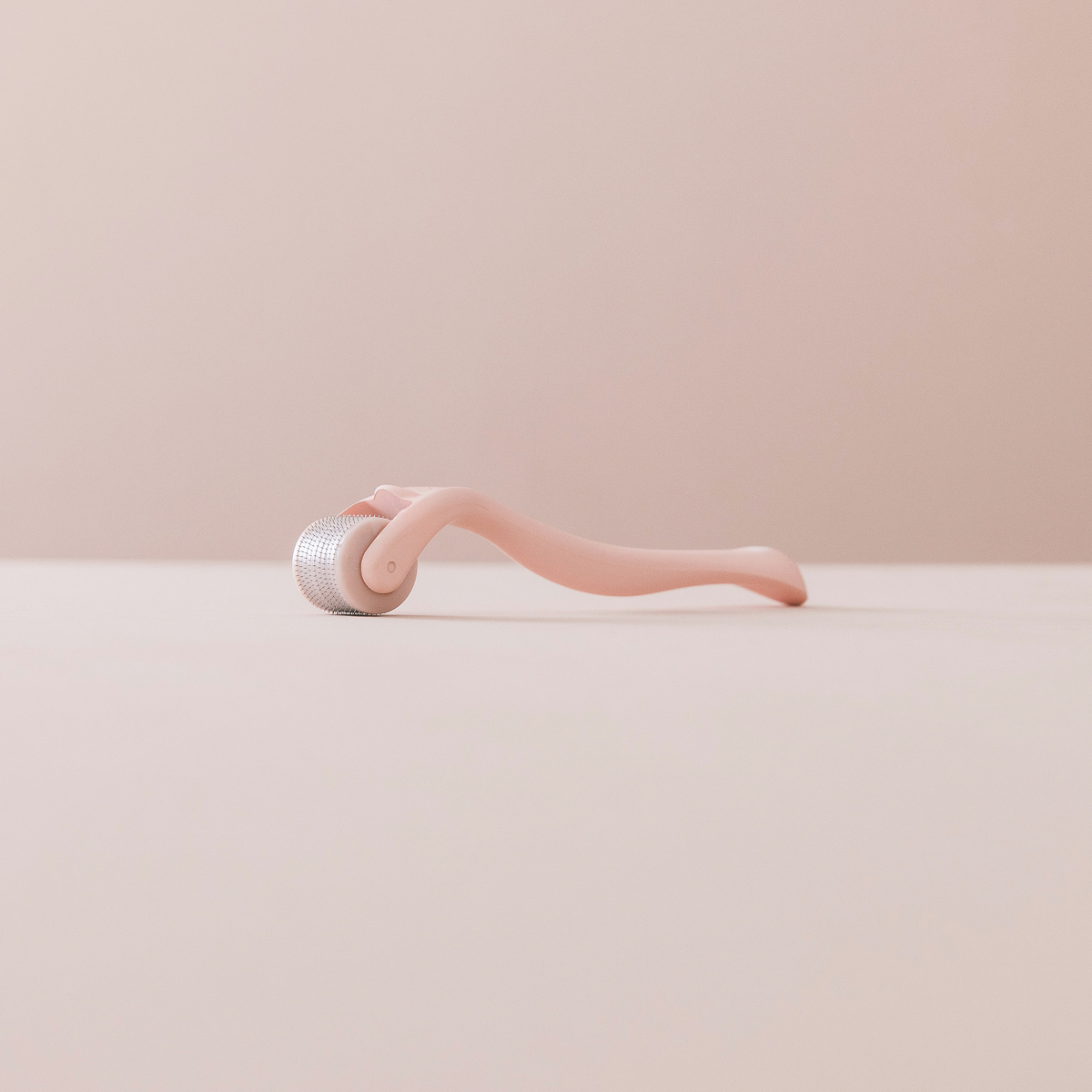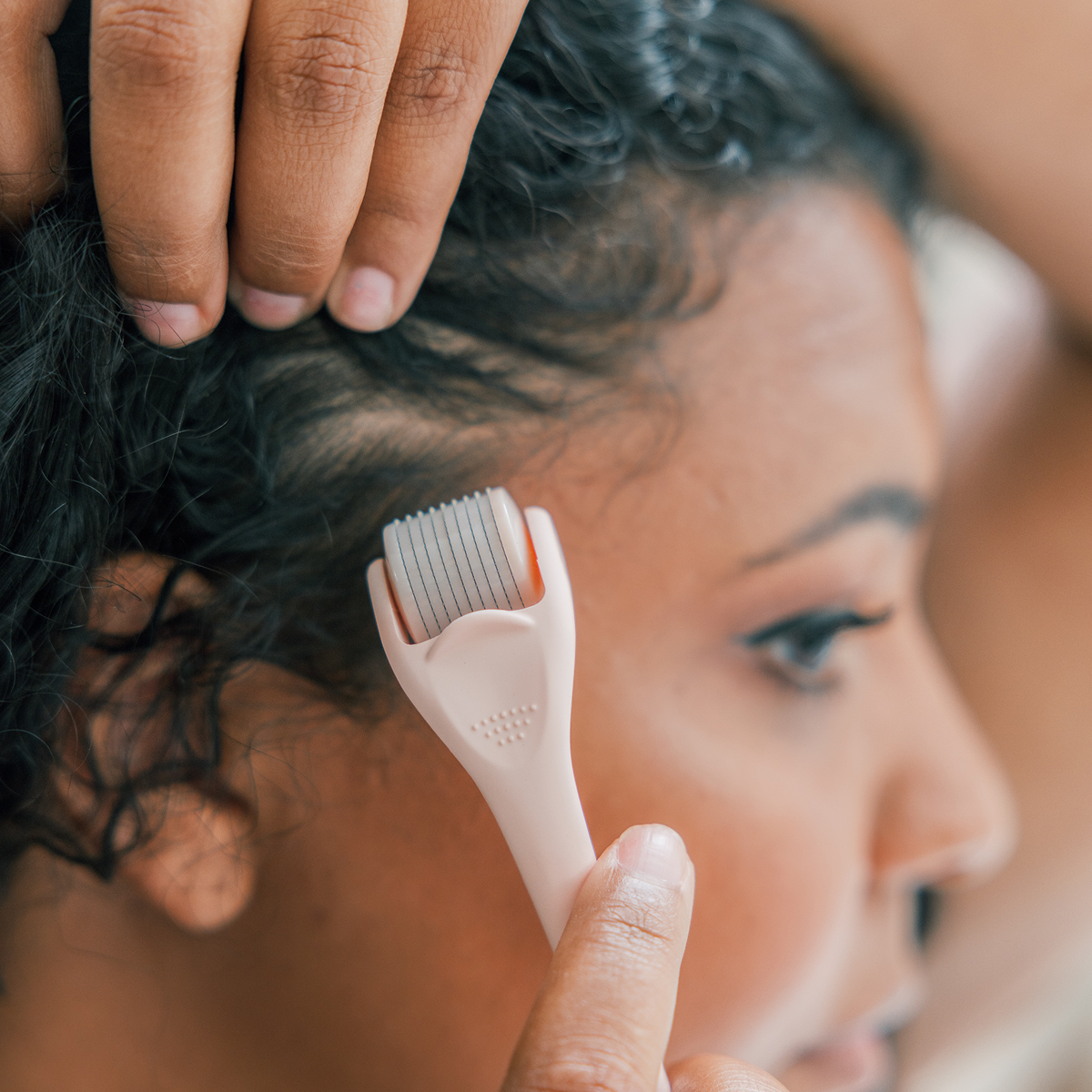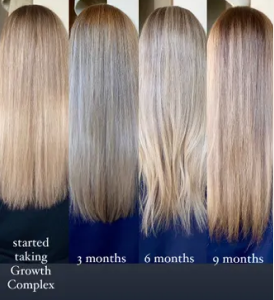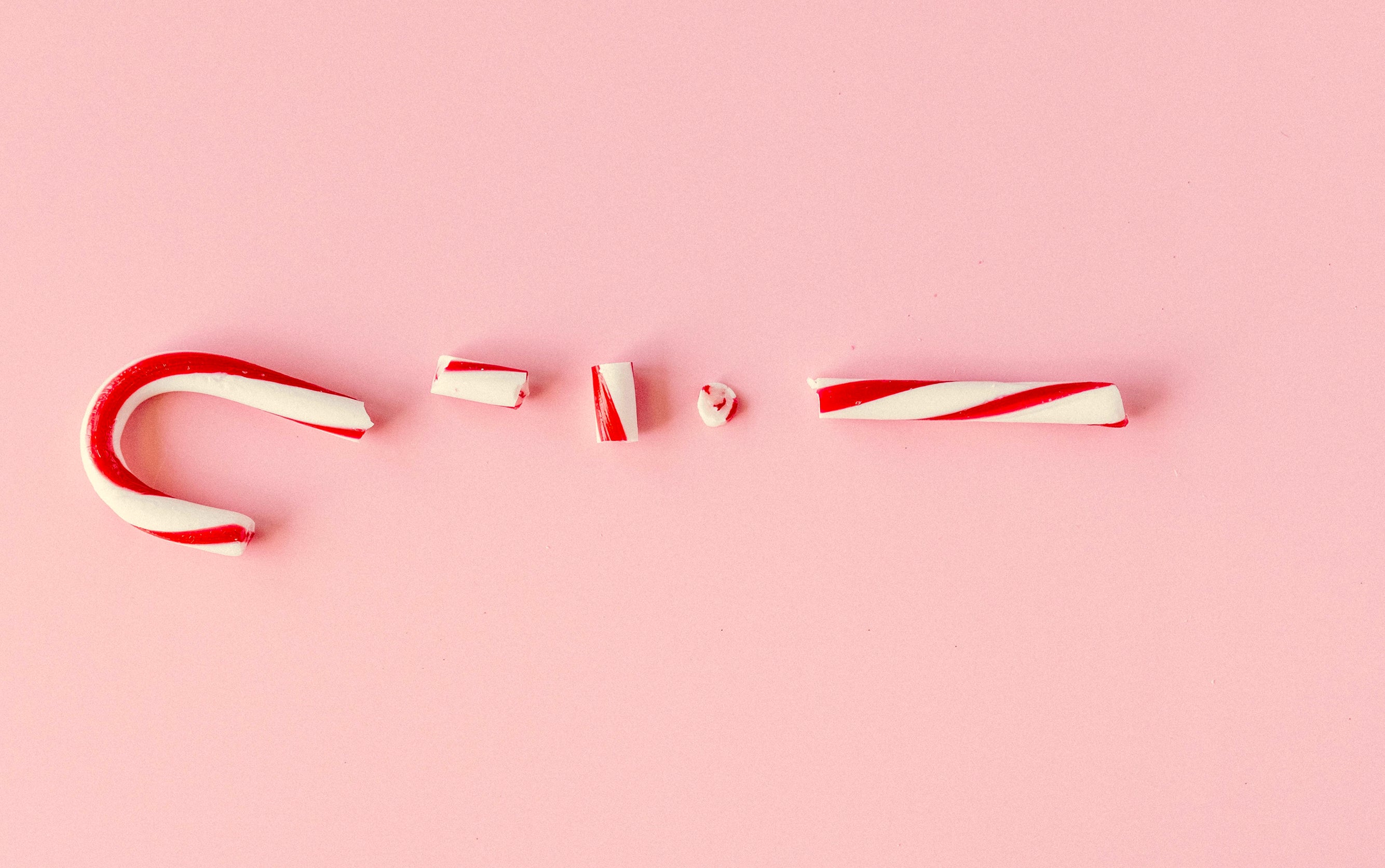As a little girl growing up on Disney princess movies, I admired their hair — from the luscious black locks of Princess Jasmine to Ariel’s iconic red. Another favorite was Princess Aurora.
Now, I look back and have to laugh a bit. It’s beyond impressive that Princess Aurora doesn’t have a serious case of bedhead after all that time spent in a deep slumber. But something else clicked for me. Sleep does so much for your hair. And after getting lots of beauty rest, it’s no wonder Aurora has hair fitting of her title ‘Sleeping Beauty.’
Of course, we hear all the time about the health benefits of quality sleep. But it’s also one of the secret keys to hair growth and happy hair. Let’s talk about our sleep cycles, when our hair grows during sleep, and ways to support both your sleep and hair.
What Are the Different Sleep Cycle Stages?
While you sleep, your body cycles through stages. Each has its unique purposes and benefits. These sleep stages are usually classified as light sleep, deep sleep, and REM sleep.
Light Sleep
Light sleep is crucial for memory consolidation and cognitive functions. It helps in organizing and retaining information processed during the day. Light sleep consists of two stages, N1 and N2.
- N1 (Stage 1): This first stage of sleep is light and transitional. It’s the phase where you're between wakefulness and actual sleep. During N1, you might experience occasional muscle twitches and a feeling of drifting in and out of sleep.
- N2 (Stage 2): The majority of our sleep time is spent in this stage. Your body temperature lowers and your heart rate slows. The brain starts consolidating memories and processing information.
How many hours of light sleep do you need? A good rule of thumb is about 50% of your night to be spent in light sleep.
Deep Sleep
Also known as slow-wave sleep or N3 is deep sleep. This is the deepest and most restorative phase of sleep. During deep sleep, your body conducts essential repair processes. It's also when the brain clears out waste and releases growth hormones. If you wake up feeling refreshed, you probably spent a good amount of time in deep sleep.
How many hours of deep sleep do you need? Aim for around 25% of your total sleep time to be spent in the deep sleep stage.
REM Sleep
Rapid eye movement (REM) sleep makes up the rest of your sleep cycle and is when most dreaming takes place. In this stage, you have heightened brain activity, irregular breathing, increased heart rate, and yes, lots of rapid eye movements. REM sleep is essential to emotional regulation, memory consolidation, and learning processes.
How many hours of REM sleep do you need? Aim for around 25% of your total sleep time to be spent in the REM sleep stage.
Your Sleep Cycle Stages Explained
Throughout the night, your sleep cycle rotates through these stages, and each cycle lasts around 90 minutes. During the first half of the night, deep sleep (N3) is more common. Later in your sleep, REM sleep takes precedence.
Light sleep, deep sleep, and REM sleep all work together to support cognitive processes, repair processes, emotional regulation, and overall health. If you don’t get enough time in one of these stages, or wake up in the middle of a stage, it can leave you feeling groggy or fatigued the next day.
That’s why so many smart watches and apps nowadays track your sleep cycle — to see if you’re getting enough sleep in each stage and how it reflects in your day-to-day life. This can be a great way to check if you need to change your nighttime routine to get better sleep.
Your Hair and Sleep Connection: Does Sleep Help Hair Growth?
If you’re sleep deprived, you might have trouble focusing during the day, or find yourself getting sick more easily. You’re more likely to develop serious conditions like cardiovascular diseases, depression, and diabetes. But less talked about is the impact of poor sleep on your hair.
Quality sleep is essential for your hair growth cycle. Hair growth is an active process that relies on the body being in a relaxed and restored state, particularly during deep sleep stages.
During the deep sleep phase, the body is hard at work repairing itself. Growth hormone release is at its highest, stimulating tissue growth and repair, including hair follicles. Plus, blood flow to the scalp increases during sleep, which is how essential nutrients and oxygen are delivered to the hair follicles. All of this together is why sleep matters so much for hair nourishment and growth.
The Science Behind Sleep and Hair Loss
If sleep helps hair growth, you may be wondering if the opposite is true — does lack of sleep cause hair loss?
Many studies have shed light on the link between sleep patterns and healthy hair. A study published in the Journal of Clinical Medicine revealed that poor sleep quality and duration is connected to increased hair shedding and hair loss. It also found disruptions in circadian rhythms (our internal body clock) can influence hair growth cycles, potentially leading to hair loss or other hair-related issues.
Also, research by the International Journal of Endocrinology discovered that sleep disturbances impact hormonal fluctuations, including cortisol, melatonin, and growth hormones. This slows your hair growth. Why? Because when hormones and your metabolism are out of whack, your body may prioritize fixing it over non-essential functions like hair growth.
In short, the research all points to sleep having a serious impact on hair loss. While more sleep isn’t the only answer for hair growth, it’s a great start to help your body get back to its right state.
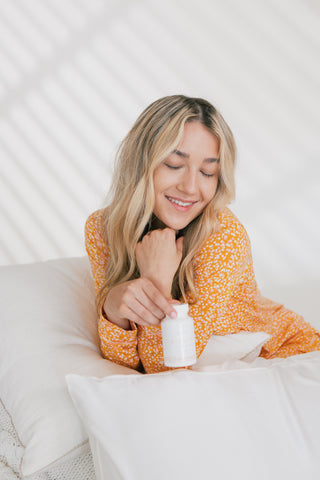
How to Get More Deep Sleep for Hair Growth
Deep sleep tends to occur in the first few hours of your night’s sleep. So, to get more deep sleep, the secret is to improve sleeping habits that help you fall asleep faster. And the more deep sleep, the more benefits for your hair! Let’s look at some tips for better deep sleep and overall sleep quality:
- Create a comfortable setting for sleeping. Get as comfy as possible with your bedroom environment and nighttime routine. Cooler temperatures, blackout curtains, high quality pillows and sheets, sound machines, and soft lighting are all ways to improve your sleep environment. Try our Silk Beauty Pillowcase for a comfy sleep that also benefits your skin and hair.
- Do relaxing activities before bed. I know I’ve been guilty of squeezing in a last-minute workout or scrolling through my phone right before sleeping. But too much screen time or high intensity activities before bed can make it harder to fall asleep. Instead, try relaxing activities like journaling, meditating, reading, or yoga.
- Get enough hours of sleep. Make sure you get enough sleep for your body. For most people, it’s recommended 7 to 8 hours of sleep every night. If you don’t get enough hours of sleep in your night, your body may cut down on deep sleep in favor of light sleep or REM sleep.
- Have a set bedtime and wake-up time. It can be tempting to stay up late over the weekends, but having a consistent sleep schedule has so many benefits. Research has found that inconsistent sleep schedules disrupt your circadian rhythm, which is bad for your deep sleep and your hair growth. Meanwhile, a set bedtime helps you fall asleep faster and sleep more soundly.
- Limit alcohol and caffeine intake. Since caffeine is a stimulant, having a cut off time for caffeine is a good idea if you have a hard time falling asleep or staying asleep at night. Heavy alcohol consumption in the evening can disrupt your circadian rhythm and also lead to sleep difficulties.
- Take natural sleep formulas. Natural sleep supplements can help support your body in falling asleep, staying asleep, and waking up well-rested. Our Beauty Sleep Complex is full of natural ingredients to help promote sleep, mood, metabolism, energy, and mental clarity.
We all fantasize of having glowing locks like Princess Aurora, and we can do our part each and every day by giving our body and hair the sleep it needs. Wishing you deep rest and sweet dreams for your very own fairytale hair.
XOXO,
Kaley















